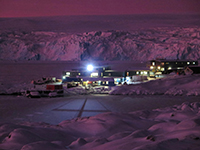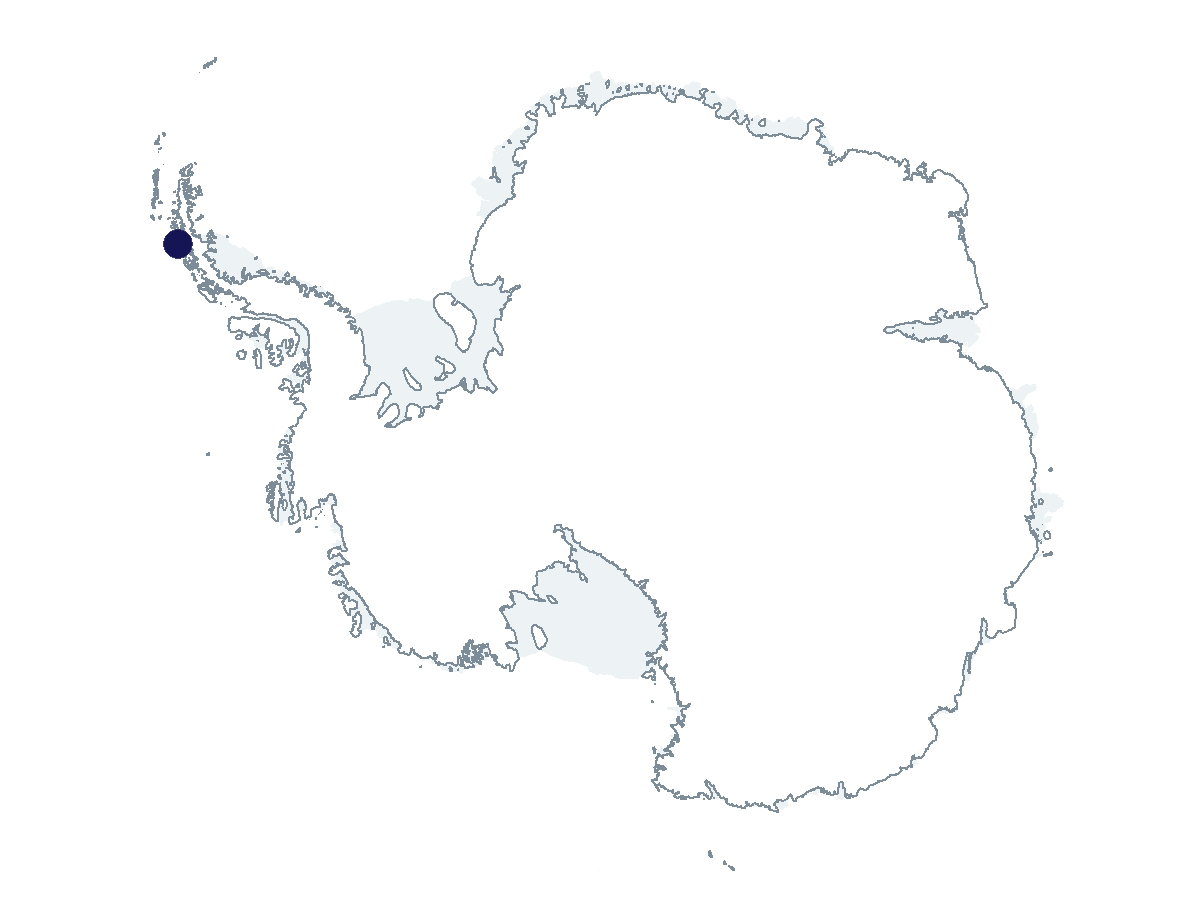2022-2023 USAP Field Season
Project Detail Project TitleValidation of multisystem countermeasures protocol for spaceflight during Antarctica winterover at Palmer Station Summary
Event Number:
Program Director:
ASC POC/Implementer: Principal Investigator(s)
Dr. Brian E Crucian
Project Web Site: Location
Supporting Stations: Palmer Station DescriptionImmune system dysregulation is known to be associated with spaceflight, likely due to some combination of microgravity, stress, circadian misalignment and/or radiation. The phenomenon generally manifests as alterations in leukocyte distribution, reduced cellular function or altered cytokine profiles. These immune changes were recently found to persist for the duration of a 6-month orbital spaceflight. The reactivation of latent herpesviruses has also been demonstrated to occur during spaceflight. Crews have demonstrated adverse medical events. In some crewmembers, symptoms of dermatitis/atypical allergic symptoms may persist for prolonged periods during space flight. To mitigate these effects, NASA wants to develop an immune countermeasure strategy that will preserve immune function in space and ensure the health of the astronauts. An initial countermeasure protocol is described in peer reviewed articles published by the Immunology and Virology laboratory and NASA Johnson Space Center. The assumption that overwinter at Palmer Station, Antarctica will be an appropriate terrestrial analog for spaceflight associated immune system dysregulation is being addressed via a current pilot study. Assuming analog validation, the aim of this study is to determine if the complete immune countermeasure protocol developed for spaceflight ameliorates the detrimental effect of coastal Antarctica winterover on a variety of physiological biomarkers.
Field Season OverviewCrew members participating in orbital space flight, as on the International Space Station, have had adverse health events potentially related to immune system dysregulation. NASA scientists will collect data to test countermeasures with the assumptions that Palmer Station, Antarctica is an appropriate ground analog. The first of three seasons will serve as a control and the countermeasures will be implemented in the second and third seasons. The science team will be seeking volunteer subjects each season from among the people who will be spending the winter at Palmer Station to participate in this study. Information and consent documentation will be presented to the study subjects by the science team prior to the start of the season. The subjects who agree will each participate in up to five sampling procedures over the course of the winter, including a baseline sample taken at orientation prior to deployment if feasible. The subjects will be asked to collect their own saliva and hair samples, complete a diet and exercise log for seven days prior to the blood draw, as well as complete an optional health survey. Medical support staff will assist in collecting and processing venous blood samples and finger stick blood samples.
|
2022-2023 Science Planning Summary



For USAP Participants |
For The Public |
For Researchers and EducatorsContact UsU.S. National Science FoundationOffice of Polar Programs Geosciences Directorate 2415 Eisenhower Avenue, Suite W7100 Alexandria, VA 22314 Sign up for the NSF Office of Polar Programs newsletter and events. Feedback Form |



